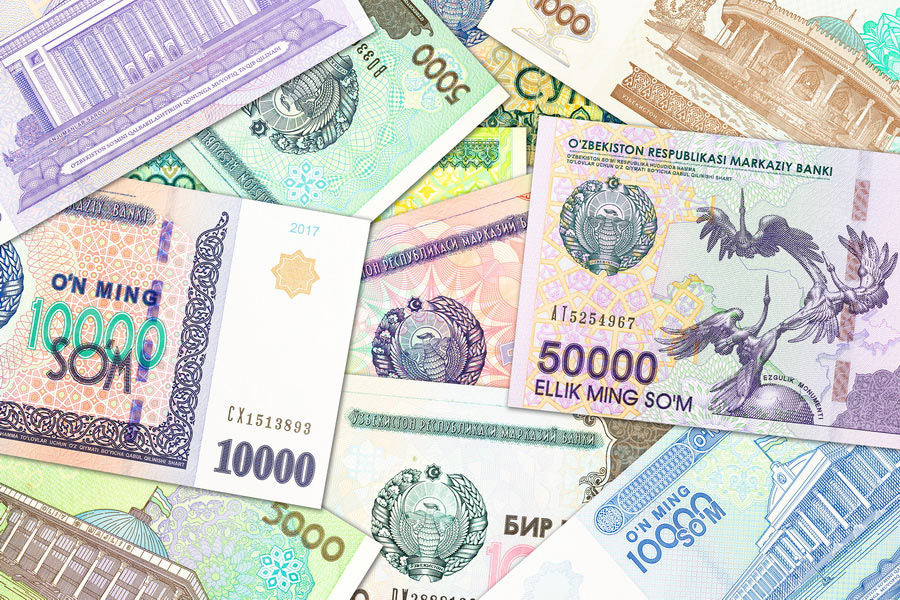Uzbekistan aims to diminish the prevalence of cash transactions, with plans underway to enforce non-cash payments across various sectors. During a presentation to President Shavkat Mirziyoyev on February 13, Uzbekistan outlined its intention to transition certain wholesale transactions to non-cash modalities. Notably, this initiative encompasses wholesale trades in timber, tyres, and sugar, among other commodities.

To fortify tax administration mechanisms, authorities are devising a presidential decree to expand the utilization of electronic payment systems. The decree aims to amplify the adoption of electronic transactions and foster greater compliance with taxation protocols.
Starting from April 1, a mandatory migration to electronic payment systems will be enforced for several entities, including budgetary organizations serving the population, enterprises vending oil and gas products, and construction firms facilitating housing sales to individuals.
Additionally, new regulations governing retail and wholesale trade are set to be ratified, aimed at optimizing commercial practices across Uzbekistan. To further incentivize the adoption of non-cash transactions, a cash payment ceiling of UZS 100 mn or over $8,000 (approximately 300 RCV) will be instituted.

The Deputy Prime Minister of the Republic of Uzbekistan, Minister of Economy and Finance Jamshid Kuchkarov disclosed plans for a presidential decree aimed at reducing cash circulation and mitigating shadow economic activities. President Mirziyoyev underscored the substantial fiscal and economic losses incurred due to the prevalence of the shadow economy.
Uzbekistan will launch an entrepreneur sustainability rating system starting from February 1. This initiative seeks to recognize and reward businesses operating within legal frameworks while encouraging others to emerge from informal sectors.
Follow Daryo's official Instagram and Twitter pages to keep current on world news.
Comments (0)